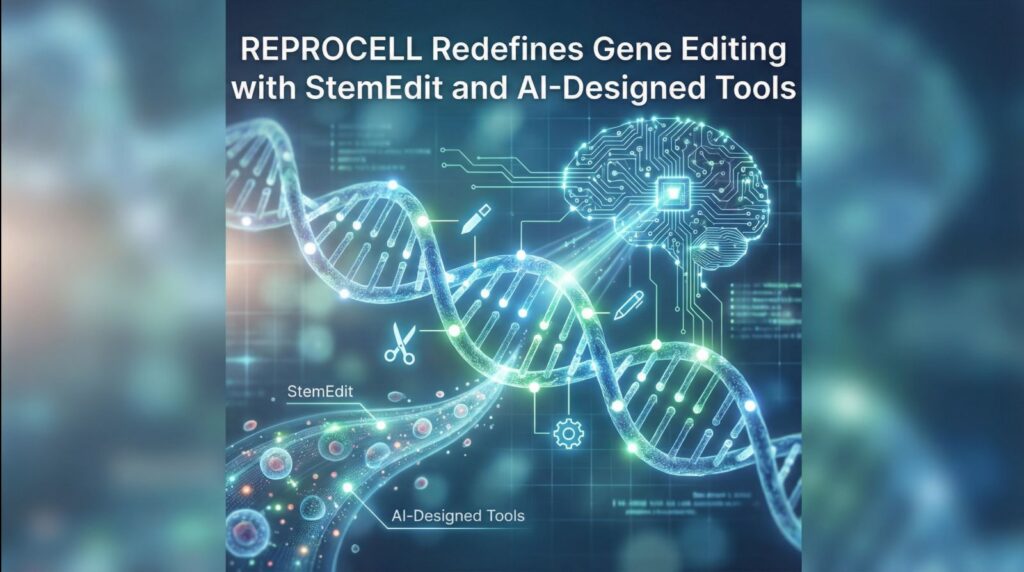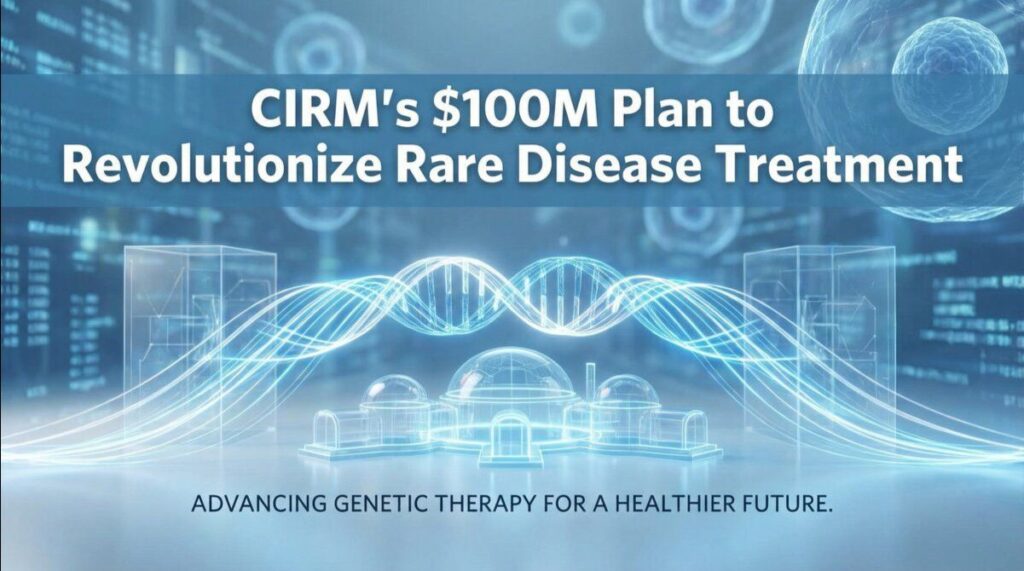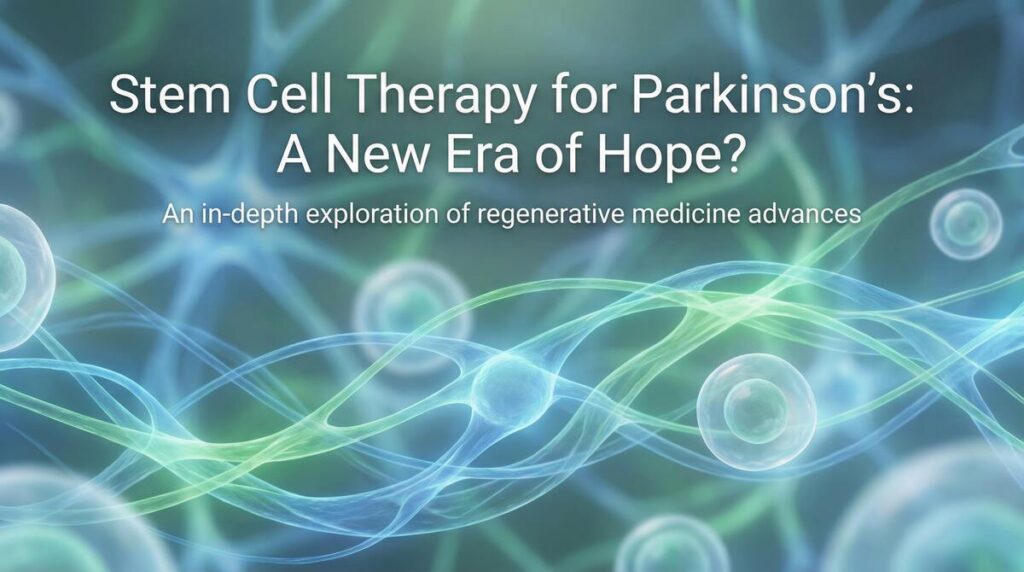Ever wondered how modern medicine keeps finding groundbreaking treatments for diseases that once seemed untouchable?
The answer might be smaller than you think, yet its impact is colossal. Stem cells are on the frontline, revolutionizing the landscape of drug discovery and development.
These tiny powerhouses are not just about potential; they’re transforming potential into reality. Let’s explore how stem cells are not just part of the body’s repair system but also a cornerstone in medical innovation.
Understanding Stem Cells
What are Stem Cells?
Stem cells are the body’s raw materials, cells from which all other cells with specialized functions are generated. Under the right conditions, they divide to form more cells called daughter cells.
These daughter cells either become new stem cells (self-renewal) or specialized cells (differentiation) with a more specific function, like blood cells, brain cells, heart muscle cells, or bone cells.
Types of Stem Cells
There are mainly three types of stem cells:
- Embryonic stem cells: These stem cells come from early-stage embryos and have the ability to differentiate into any cell type, which makes them highly versatile but controversial.
- Adult stem cells: Found in small numbers in most adult tissues, such as bone marrow or fat. Compared to embryonic stem cells, they have a more limited ability to differentiate but are less ethically fraught.
- Induced pluripotent stem cells (iPSCs): These are adult cells that have been genetically reprogrammed to an embryonic stem cell-like state, enabling them to form any type of cell.
These cells are pivotal in regenerative medicine and offer a renewable source of replacement cells to treat diseases, injuries, and degenerative disorders.
Stem Cells in Drug Discovery
The Role of Stem Cells in Modeling Diseases
Stem cells are used to create disease models in the lab, allowing scientists to study the progression of conditions like Alzheimer’s or heart disease. By using stem cells derived from patients with a specific genetic makeup, researchers can form a detailed understanding of the disease at a cellular level, which was previously unattainable.
Stem Cells in Target Identification
With the ability to differentiate into any type of human cell, stem cells are invaluable in uncovering new drug targets. This process involves observing how different cell types react to various drug compounds, providing insights that can lead to the development of targeted therapies.
Stem Cells in Drug Screening and Toxicity Testing
High-Throughput Screening
Drug screening tests thousands of compounds in a short time, and stem cells are crucial here. They can be used to generate large quantities of human cells needed for testing.
The high-throughput screening of drugs using stem cells provides early-stage data on the efficacy and drug toxicity of potential therapeutic compounds.
Predicting Drug Toxicity and Efficacy
Stem cells also play a critical role in assessing the safety of drugs before they reach clinical trials. Human-induced pluripotent stem cell-derived models of different tissues can predict how drugs will affect various parts of the body, which helps in identifying potential side effects early in the drug development process.
Challenges and Ethical Considerations
Navigating Technical and Ethical Waters
While the potential of stem cells in drug discovery is immense, the path is fraught with technical and ethical challenges.
Embryonic stem cells, for instance, pose significant ethical questions due to the methods of their collection.
Furthermore, issues like the reproducibility of experiments and the scalability of stem cell-derived processes need to be addressed to harness the full potential of this technology.
Future Perspectives
Technological Advancements and Personalized Medicine
Recent advancements in technologies like CRISPR and organoids, coupled with stem cell research, are paving the way for highly personalized medicine. This could one day allow for treatments to be tailor-made to individuals’ genetic makeup, enhancing drug efficacy and minimizing side effects.
The Intersection of AI and Stem Cell Research
Artificial intelligence (AI) is set to play a crucial role in analyzing the vast amounts of data generated from stem cell research. This synergy could accelerate the discovery of new drugs, making the process faster and more cost-effective.
Conclusion
Stem cells are revolutionizing the field of drug discovery by providing profound insights into human development, disease, and drug response. As we continue to unlock the mysteries of stem cells, their promise in drug development is just beginning to be realized. The journey is complex, but the potential to revolutionize medicine is immense.
Let’s continue to explore and push the boundaries of what’s possible when we harness the power of these remarkable cells.



